Civilizational Labyrinth: Deciphering Concentric Realms and the Inner Quandary of Madness
- Thasil Suhara Backer

- Feb 3, 2024
- 2 min read
Updated: Jun 20, 2025
In his seminal work Madness and Civilization, Michel Foucault examines the mutuality between power structures and knowledge in the context of madness. He argues that the classification and treatment of the mentally ill are closely tied to broader societal norms and serve as a mechanism of social control. More importantly, Foucault suggests that madness serves symbolic functions within society. It can be seen as a reflection of societal anxieties, and the treatment of the mad can be understood as a way of maintaining social order.




Sometimes the neglected areas in the metropolitan regions echo a kind of ancient whisper. Destruct the flow of time. A fourth dimension in which every bit of dust transfigured into something of a relic from the past. One could see a meditative one-pointedness, an obsessive focus due to extreme fatigue or life choices or so-called mentally discarded among the people. Closer to divinity apocalyptical among in the natures of modernity. Immersed in graphics, dirt, offerings, hidden threats, and hearty wishes. They are breaking the dichotomy between reason and madness.

Fascinatingly, patterns in the textual elements within the accompanying photographs offer a unique narrative. These visuals engage in a dialogue with the photographer or other characters present, revealing a dynamic mutuality. The diverse graphics embedded in these images become visual manifestations of the landscapes’ collective anxieties, each expressing its unique concerns.

However, the individual’s situatedness within these landscapes remains elusive, obscured by camouflaged graphics and the phantoms they usher in various forms and shapes. These eccentricities intersect with language, culture, and mental health, disrupting conventional boundaries and challenging the dichotomies of reason versus madness. Clashes the individual desires and societal constraints, individuality, and collectivity. Making a sense of the world that is inherently oppressive and irrational.




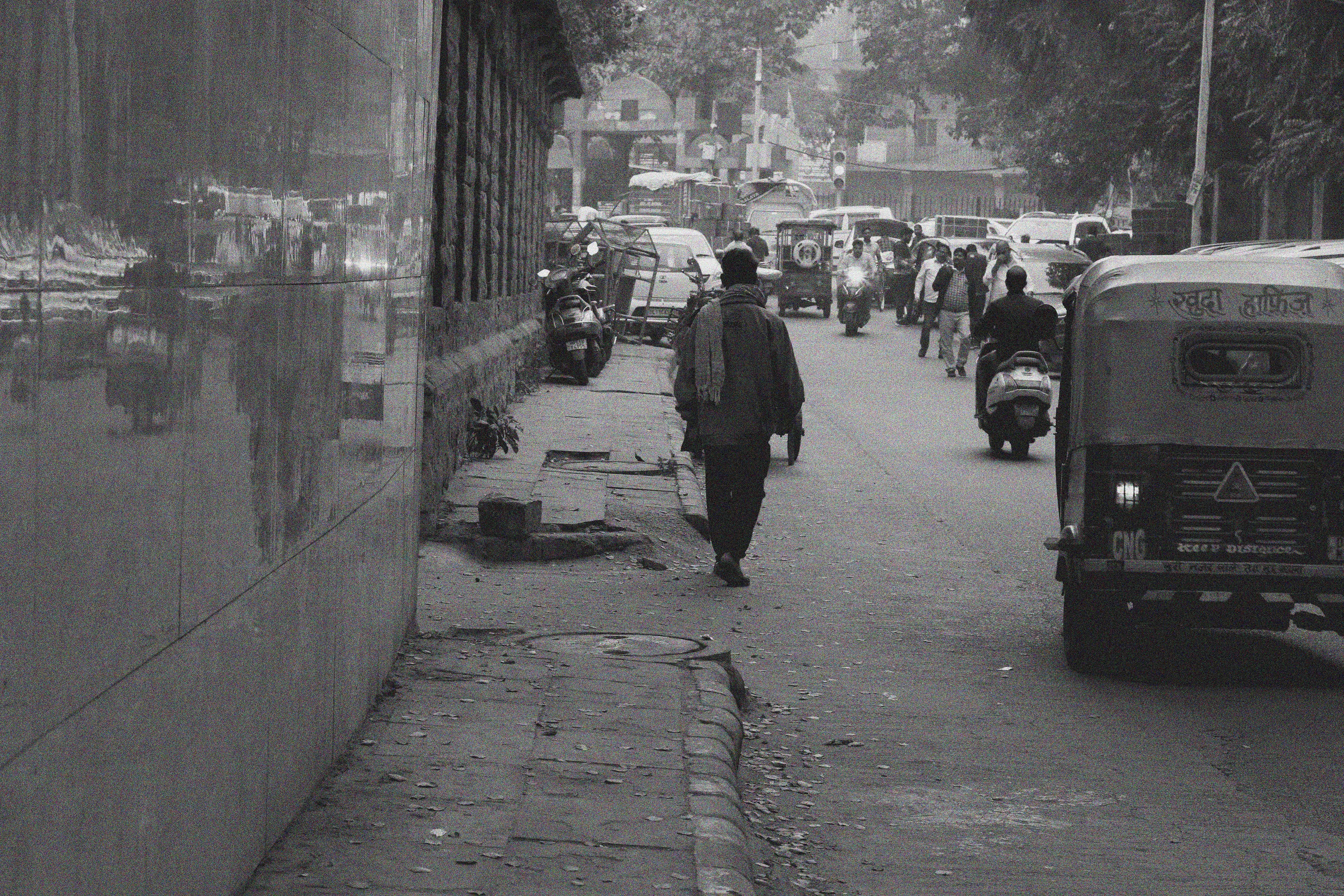
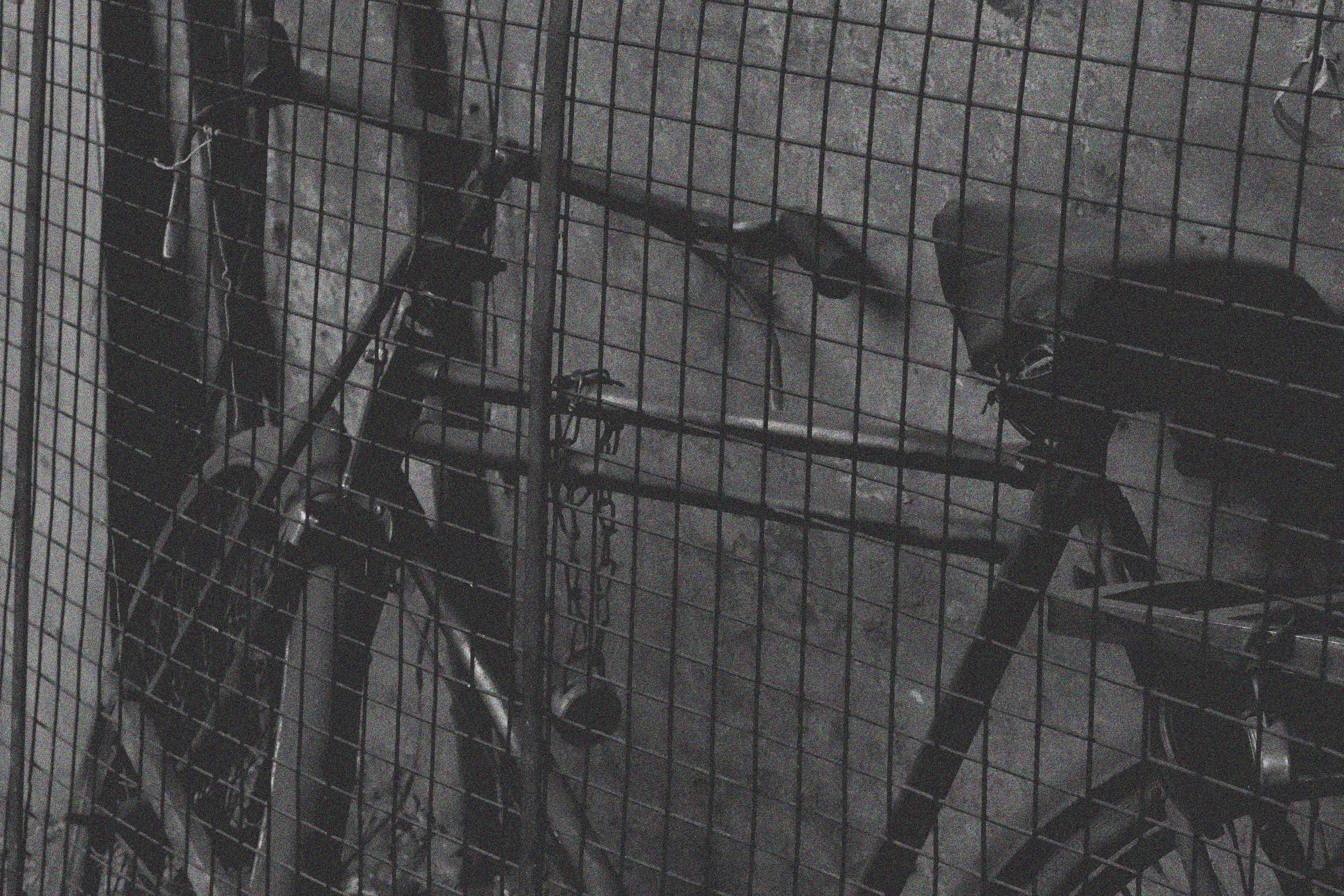
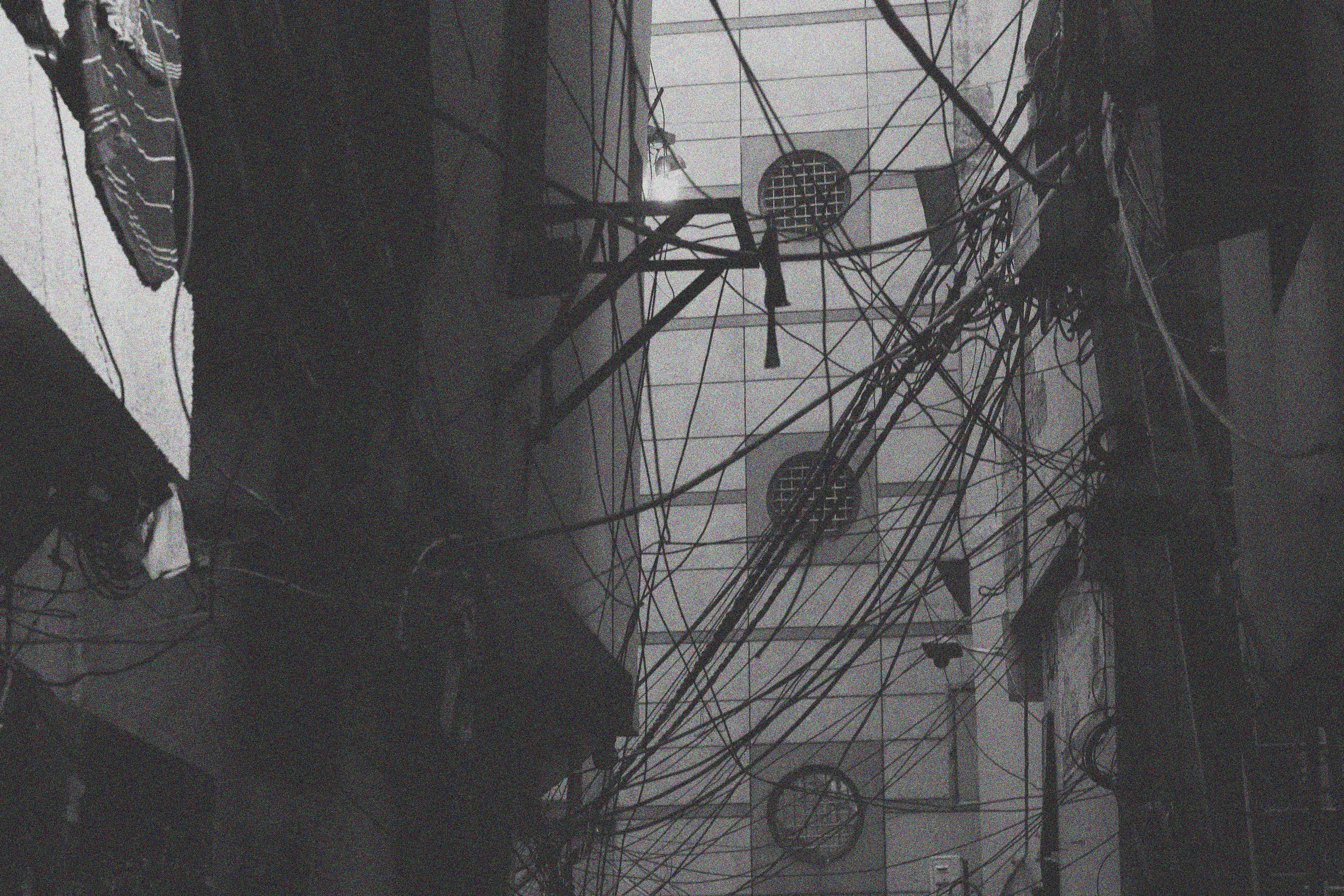
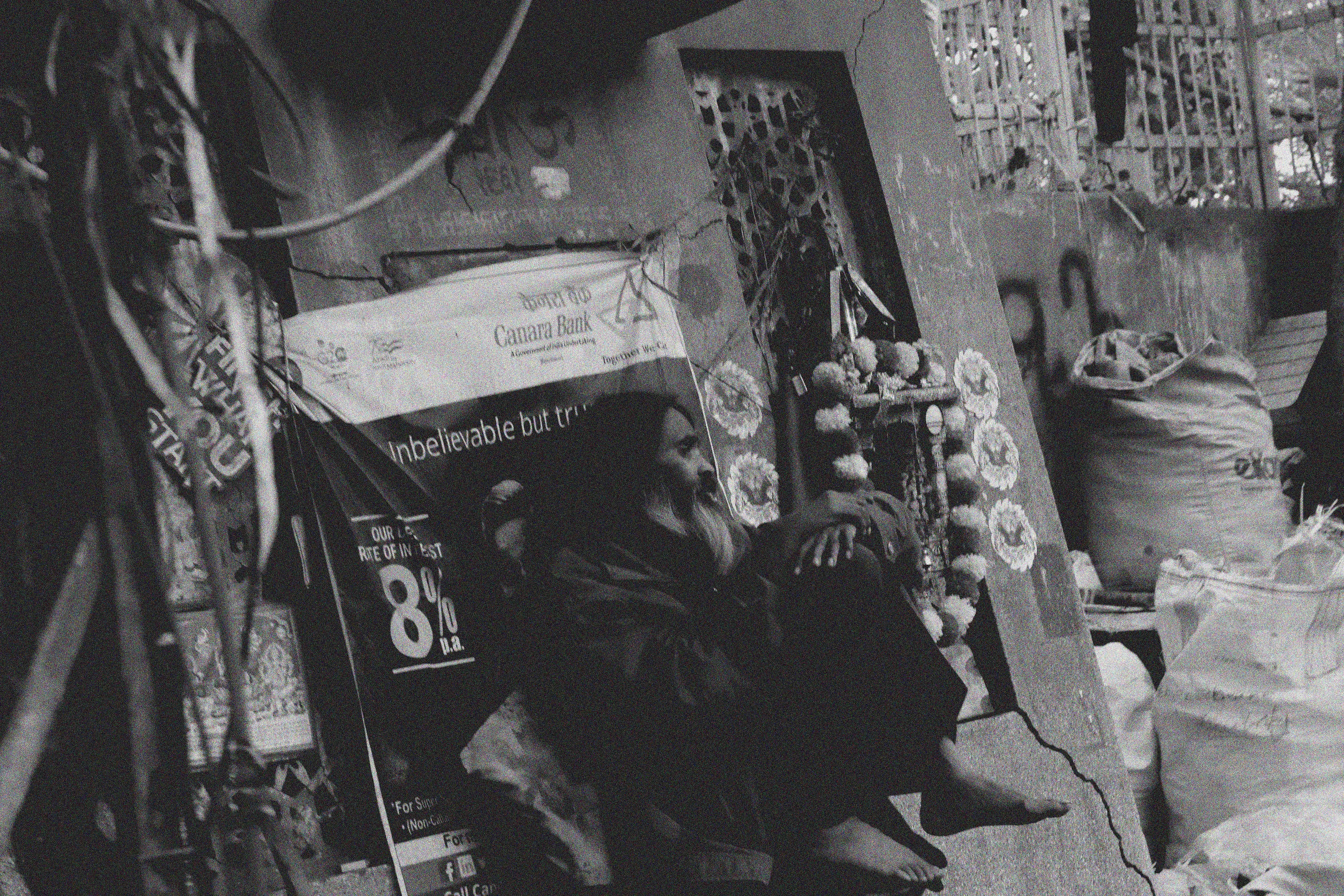
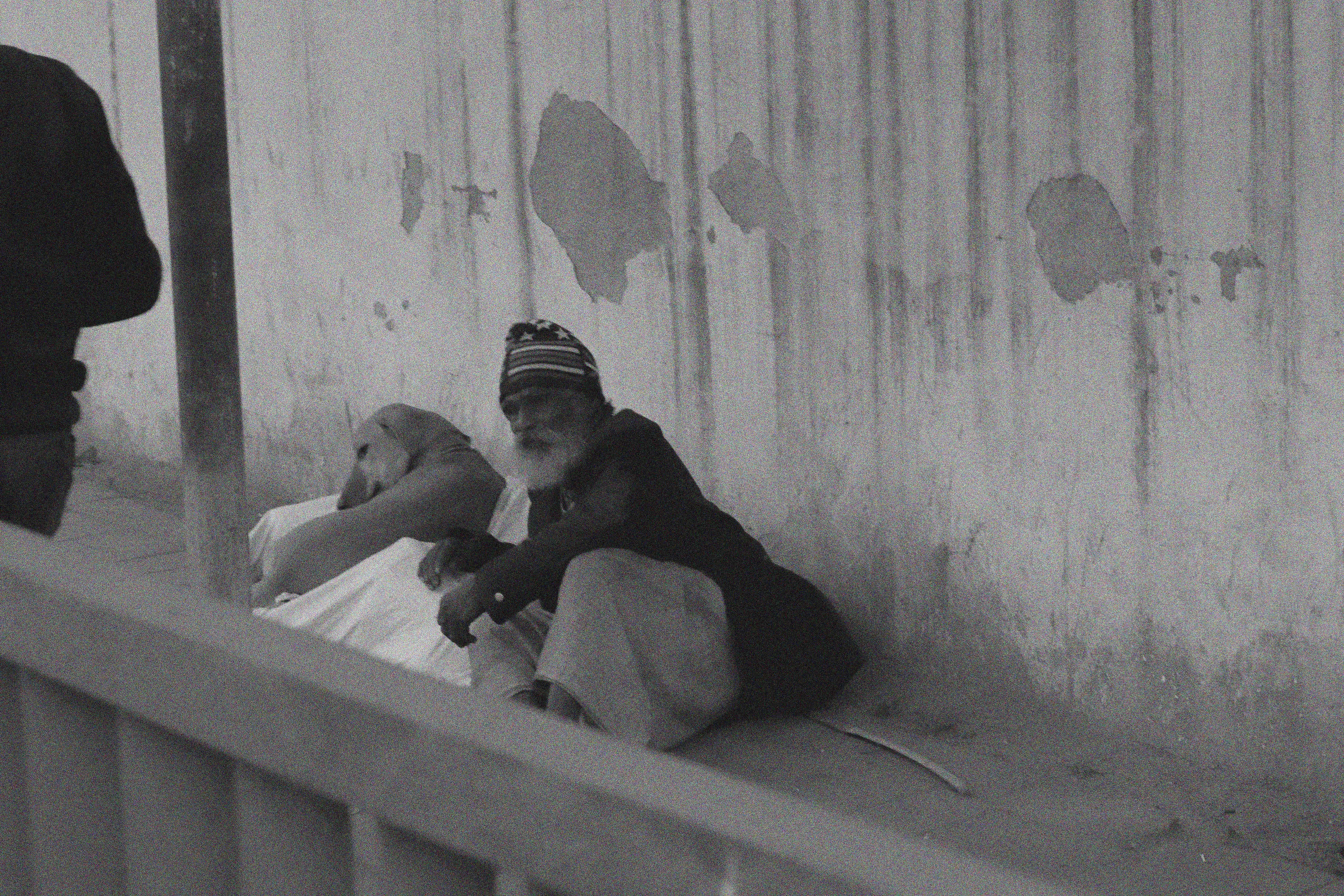

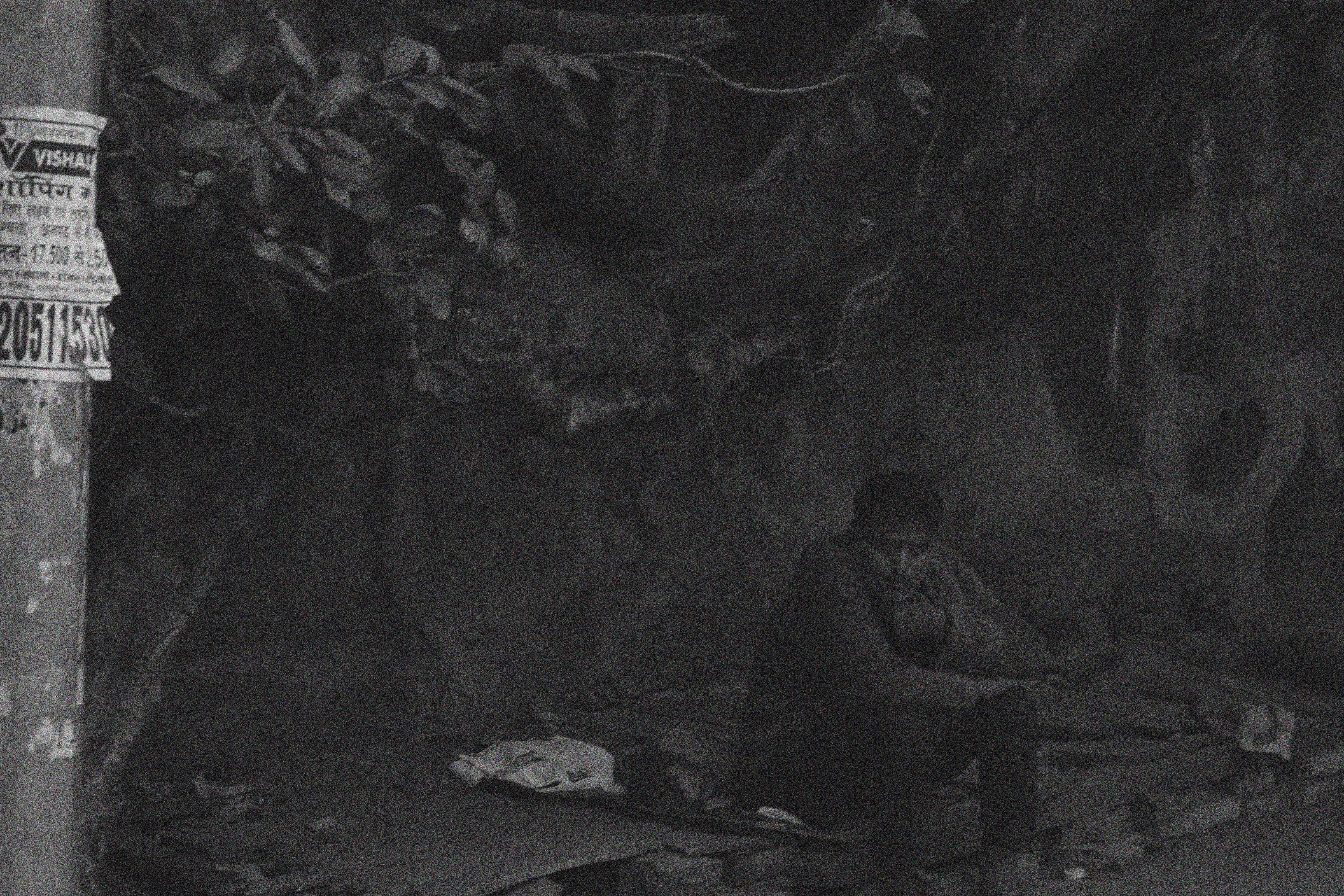
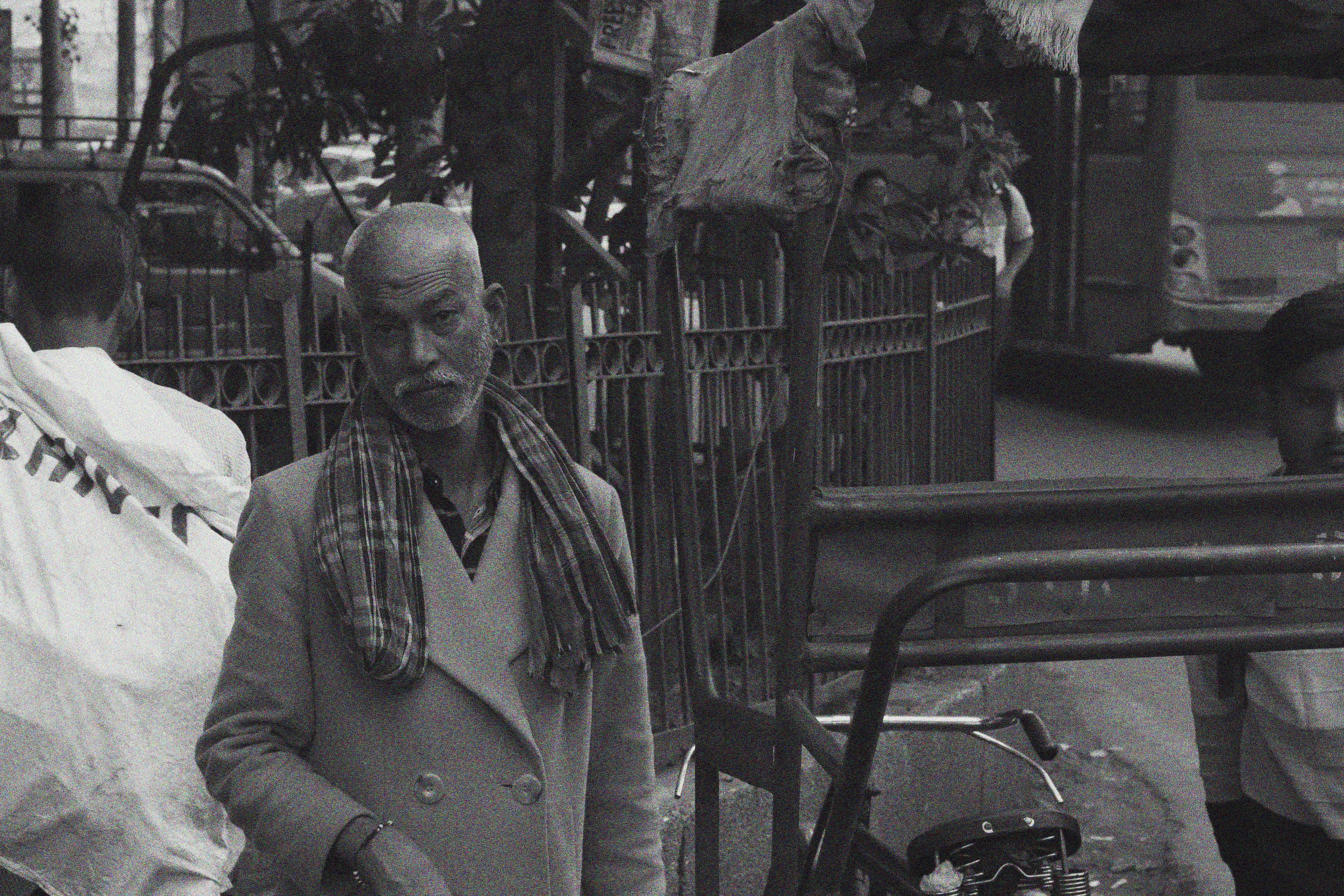



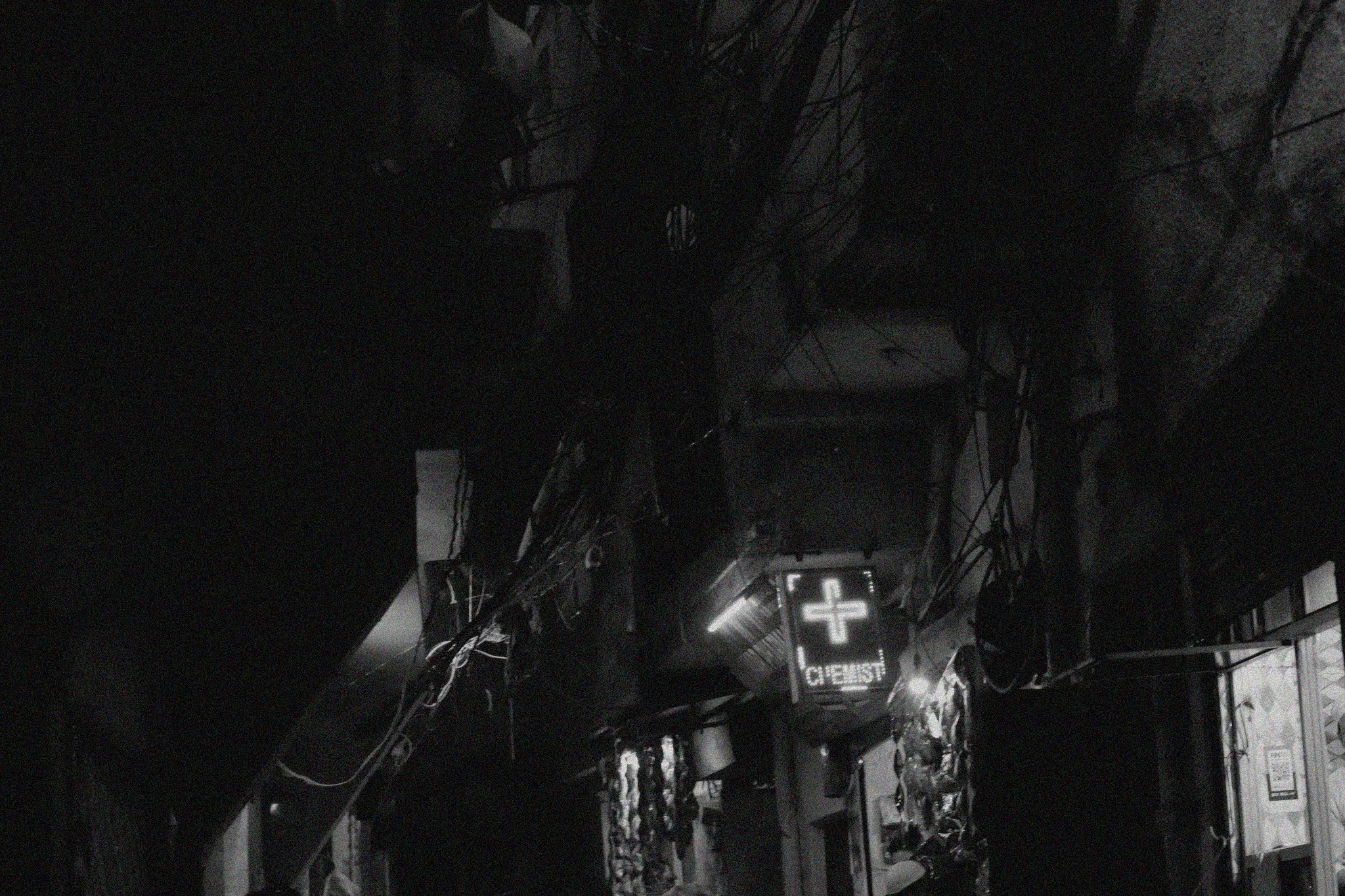
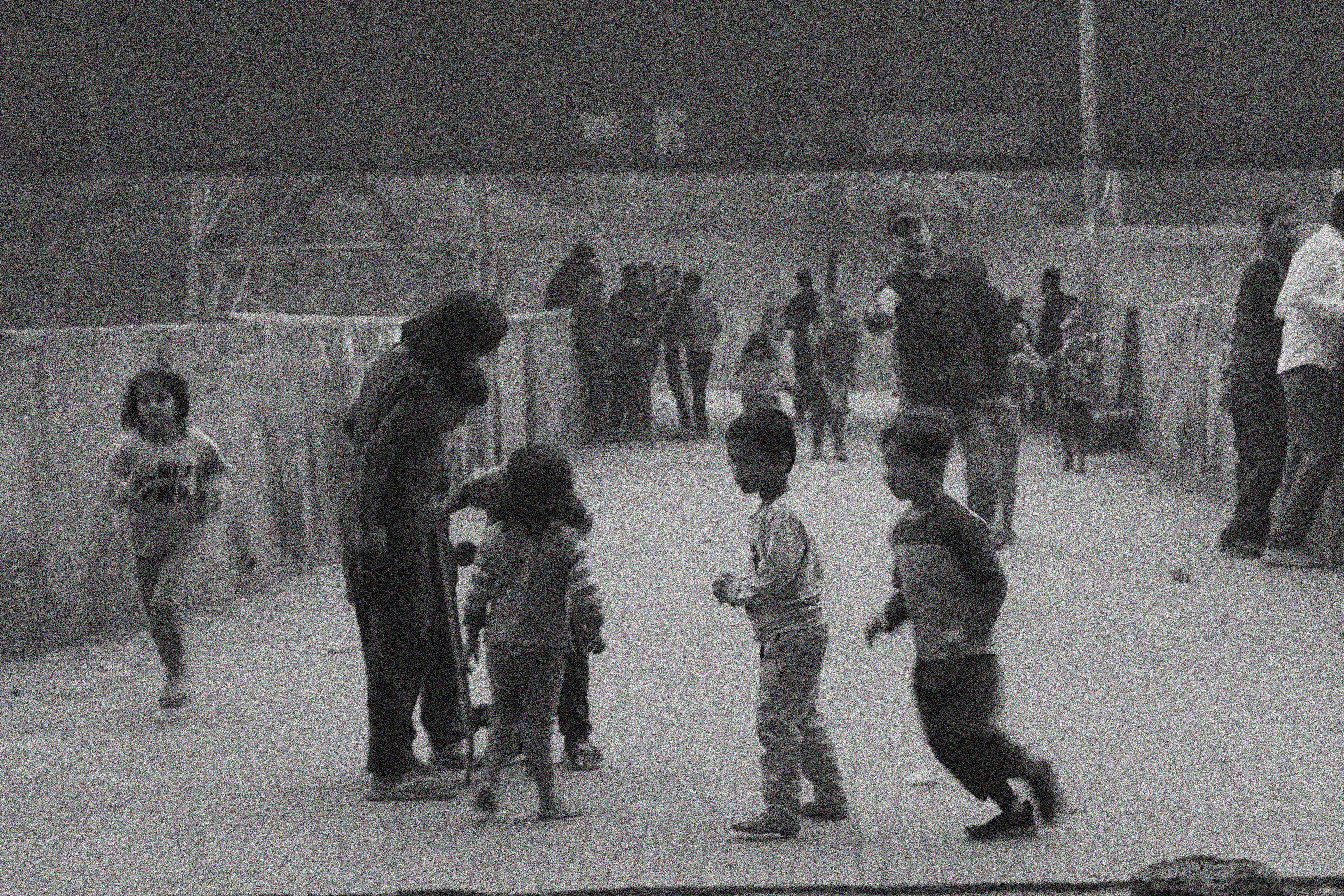




Comments